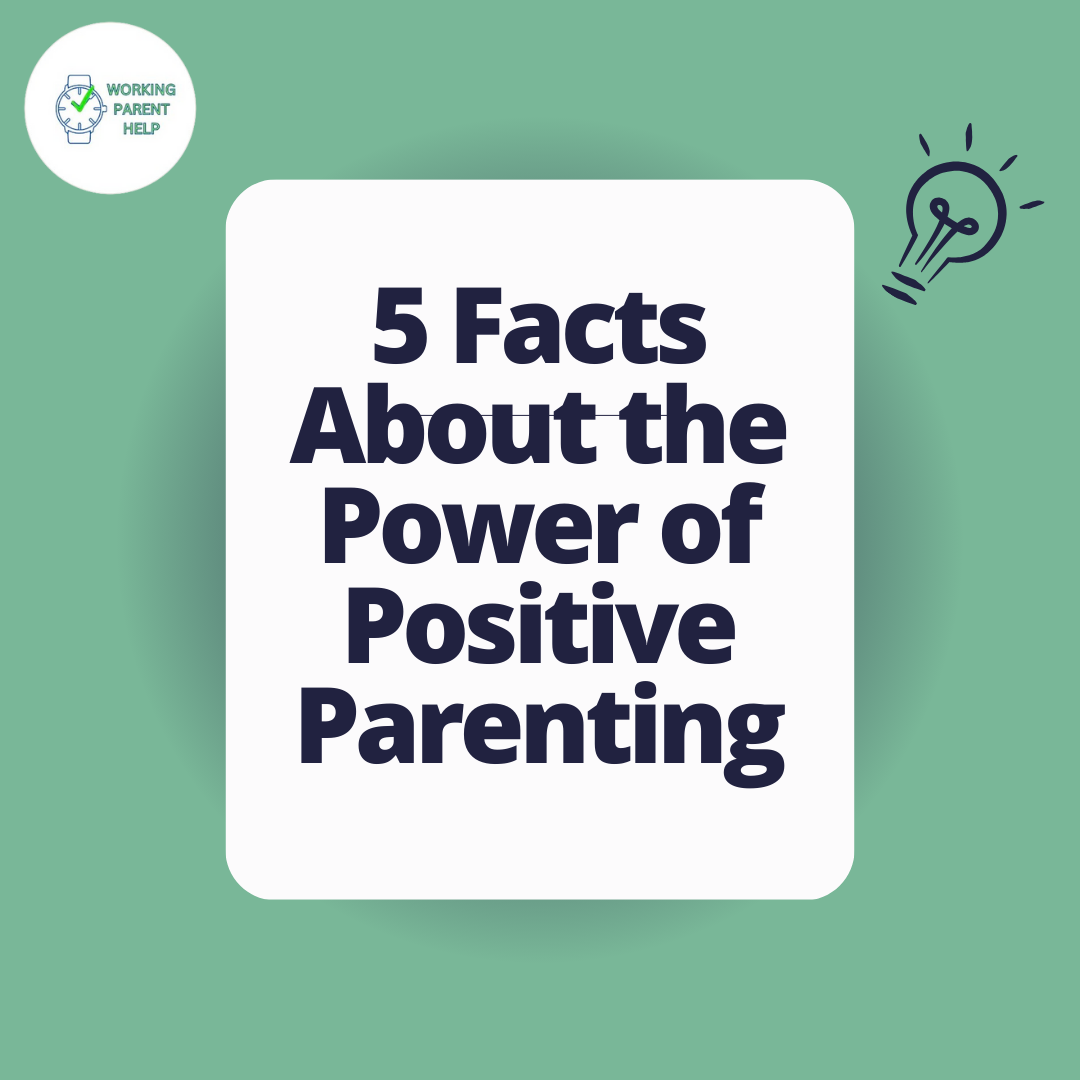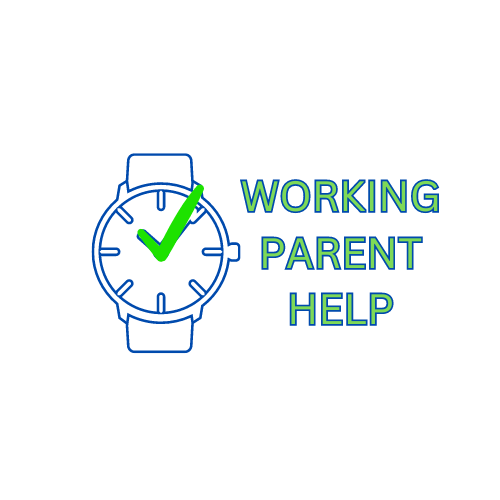
5 Facts About the Power of Positive Parenting
Being a parent is like being the CEO of a tiny, unpredictable startup. There are sleepless nights, constant negotiations, and a workforce (a.k.a. your kids) that occasionally stages a mutiny. But amidst the chaos, one parenting approach reigns supreme: positive parenting. Think of it as leading with encouragement instead of enforcement, and connection instead of control. And guess what? It works wonders!
Here are five undeniable facts about the power of positive parenting—and why your little "employees" (ahem, children) will thrive under this strategy.
1. Builds Strong Emotional Bonds
Positive parenting fosters a secure emotional connection between parents and children. When kids feel loved, heard, and valued, they develop trust and confidence in their relationships. Simple actions like active listening, hugs, and validating their emotions show children that they matter.
Quick Tip: Try the "10-Minute Rule." Spend at least 10 uninterrupted minutes each day engaging in something your child loves—whether it’s reading, playing a game, or just chatting about their day. This small habit strengthens bonds and reassures them of your unconditional love.
🚀 Superpower Alert: Strong emotional bonds lead to fewer meltdowns and more cooperation. Translation? Less stress for you!
2. Boosts Confidence and Self-Esteem
Kids look up to their parents like they’re rock stars (even when they act like you’re the least cool person on the planet). Encouraging them through positive reinforcement helps shape their self-image and confidence.
Instead of focusing on mistakes, highlight their efforts and progress. A simple, "I love how hard you worked on that drawing!" is far more effective than a generic "Good job."
Quick Tip: Use the "Growth Mindset" approach—instead of saying, "You’re so smart!" say, "I love how you figured that out!" This teaches kids that effort matters more than talent, making them more resilient when facing challenges.
💡 Bonus Perk: Confident kids are more likely to speak up, take risks, and try new things—whether it's answering questions in class or trying broccoli for the first time (hey, we can dream!).
3. Encourages Better Behavior
Wouldn’t it be nice if kids just did what they were told without questioning every directive? Unfortunately, parenting doesn’t come with a magic obedience wand, but positive reinforcement works better than punishment.
Children thrive on encouragement rather than fear. Instead of saying, "If you don’t clean your room, no TV!" try, "Once your room is tidy, we can watch your favorite show together!" This teaches responsibility without threats.
Quick Tip: Create a Reward Chart with small incentives. Instead of bribing kids with candy (tempting, we know), reward them with extra storytime, a fun activity, or a later bedtime on weekends.
🔄 Behavior Hack: Kids who feel respected and empowered are more likely to cooperate than those who feel controlled. Less drama, more harmony!
4. Enhances Cognitive Development
Positive interactions do more than just make your kid smile—they actually shape their brains! Neuroscience shows that when children experience encouragement, kindness, and patience, their brains develop stronger neural pathways for problem-solving and emotional regulation.
Reading together, asking open-ended questions, and letting kids explore their interests boost their intellectual curiosity.
Quick Tip: Use "Think-Aloud" moments. When making decisions, say things like, "Hmm, I wonder what would happen if we tried it this way?" This encourages critical thinking and creativity.
🧠 Brain Booster: Children raised with positive reinforcement tend to be better at handling stress, solving problems, and thinking independently. Future geniuses in the making? We think so!
5. Prepares Kids for Healthy Relationships
Positive parenting teaches kids how to navigate relationships with kindness, respect, and empathy. When parents model patience and emotional intelligence, children mirror these behaviors in their interactions with others.
Kids who experience respectful communication at home are more likely to express their emotions constructively, avoid toxic relationships, and develop strong social skills.
Quick Tip: Teach "I" Statements. Instead of saying, "You’re mean!" encourage kids to express, "I feel upset when you take my toy." This helps them articulate emotions without blaming others.
🤝 Life Lesson: The ability to communicate feelings and resolve conflicts calmly is a skill that benefits kids well into adulthood—both personally and professionally.
Final Thoughts: Parenting, One Encouraging Word at a Time
Positive parenting isn’t about perfection; it’s about progress. You don’t need to be a flawless role model—just one who shows up with love, patience, and a sense of humor (because let’s be honest, parenting is full of hilarious moments).
Ready to embrace the power of positive parenting? Try one of these tips today and watch the magic unfold!
